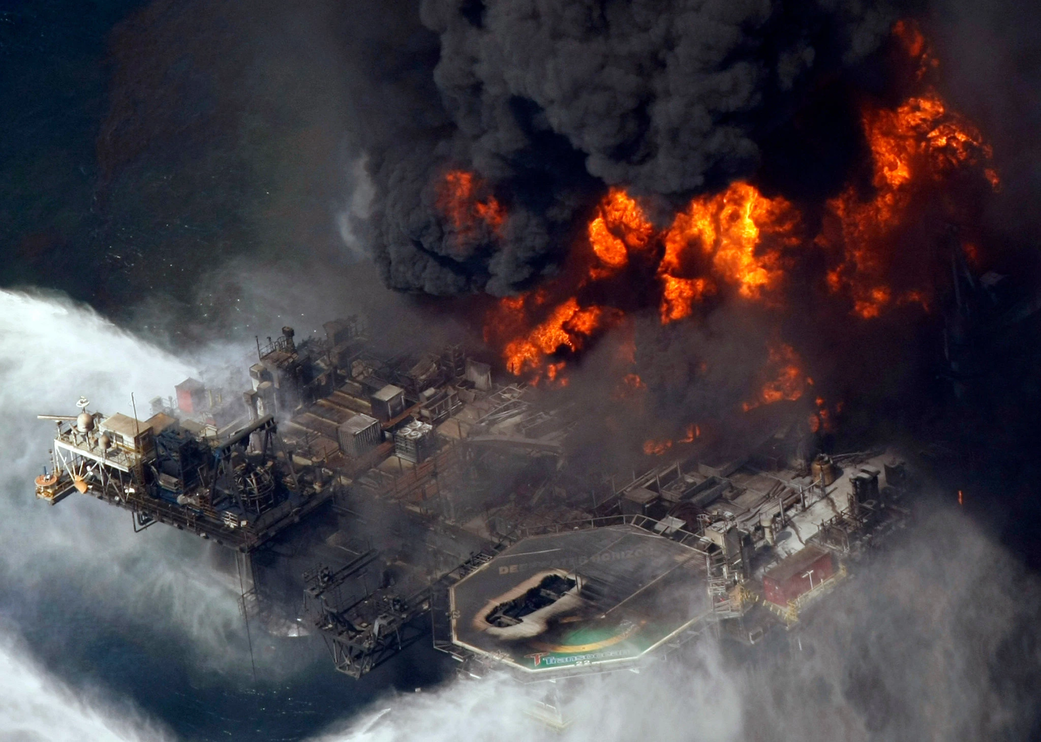
Managing Risk, Change and Crisis:
a Universal Priority of the 21st Century
We experience a time characterized by rapid, fundamental changes.
In this environment organisations operate in a near constant mode of crisis. The Covid19 pandemic has brought this into sharp focus; the cost of lost GDP is expected to amount to approximately €8.63 trillion and a multitude of industries found themselves on the brink of near-collapse. At the same time some sectors, particularly digital and high-tech industries, have experienced an unprecedented boost. These changes will leave permanent marks on the economy.
The war in Ukraine has redefined our concept of security in Europe and climate change is redrawing the geographical and economic landscape in even more fundamental ways. Simultaneously we experience rapid technical developments that disrupt industries and markets.
In such dynamic and volatile times organisations have to navigate an unpredictable landscape with little certainty, high demands and new risks.
Are you prepared to navigate uncharted waters, when the next crisis strikes?
Over 70% of incidents in high-risk industries trace back to human errors. The consequences are more than economic; they include loss of life, environmental and reputational damage.
Effective Crisis Management Depends on Individual and Team Capabilities
Whether on the frontline or in the board room, resilience and the ability to make good decisions under stress are essential for leaders and teams to cope successfully with today's highly dynamic and increasingly volatile environment.
There is no more margin for error.
Unfortunately, past events like the Deepwater Horizon Oil Spill, Bhopal Disaster and Romania Cyanide spill have shown that individuals react poorly when under pressure. While many crisis situations are initiated by equipment faults or procedural failure, human errors turn these crises into catastrophe.

